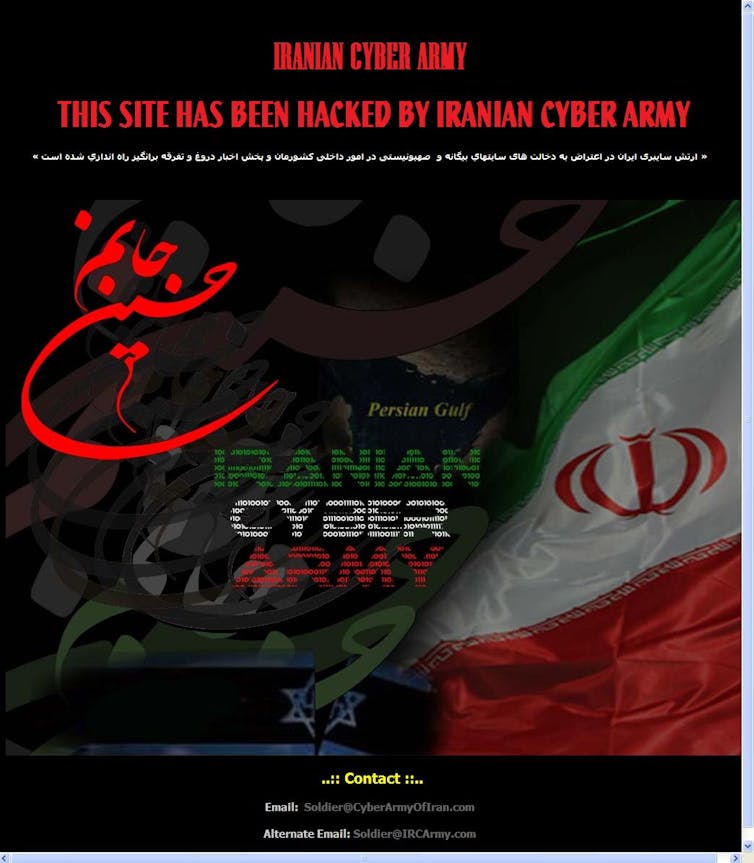The New York Times reports: It was a case of spies watching spies watching spies: Israeli intelligence officers looked on in real time as Russian government hackers searched computers around the world for the code names of American intelligence programs.
What gave the Russian hacking, detected more than two years ago, such global reach was its improvised search tool — antivirus software made by a Russian company, Kaspersky Lab, that is used by 400 million people worldwide, including by officials at some two dozen American government agencies.
The Israeli officials who had hacked into Kaspersky’s own network alerted the United States to the broad Russian intrusion, which has not been previously reported, leading to a decision just last month to order Kaspersky software removed from government computers.
The Russian operation, described by multiple people who have been briefed on the matter, is known to have stolen classified documents from a National Security Agency employee who had improperly stored them on his home computer, on which Kaspersky’s antivirus software was installed. What additional American secrets the Russian hackers may have gleaned from multiple agencies, by turning the Kaspersky software into a sort of Google search for sensitive information, is not yet publicly known.
The current and former government officials who described the episode spoke about it on condition of anonymity because of classification rules.
Like most security software, Kaspersky Lab’s products require access to everything stored on a computer in order to scour it for viruses or other dangers. Its popular antivirus software scans for signatures of malicious software, or malware, then removes or neuters it before sending a report back to Kaspersky. That procedure, routine for such software, provided a perfect tool for Russian intelligence to exploit to survey the contents of computers and retrieve whatever they found of interest. [Continue reading…]
Even though the reporting is sloppy, where it says an NSA employee using his home computer “on which Kaspersky’s antivirus software was installed,” there’s little reason to doubt that this software had been installed by choice by that employee. Moreover, he most likely chose that software for the same reason most experienced users do: he believed it performs better than competing products. And as for the fact that the software detected the NSA hacking tools, that’s what antivirus software is designed to do.
In spite of the cloud of suspicion that now hangs over all-things-Russian, it’s hard not to wonder whether Kaspersky provoked the ire of Israeli and American intelligence through its work on exposing the operation of Stuxnet. Kaspersky’s role in raising public awareness about cyberwarfare operations can hardly have been welcomed by the agencies running those operations.
Given that “antivirus is the ultimate back door,” as Blake Darché, a former NSA operator, observes, this raises questions that aren’t touched upon in the reporting on Kaspersky: do all brands of antivirus software present serious security risks to their users? And do companies such as Symantec actively cooperate with the NSA?

